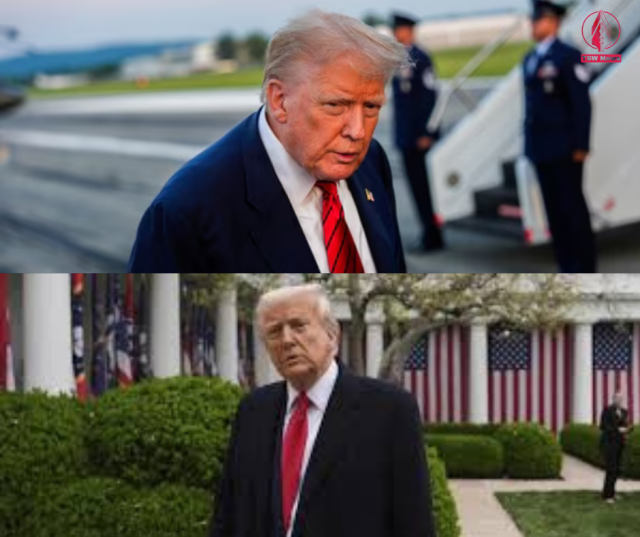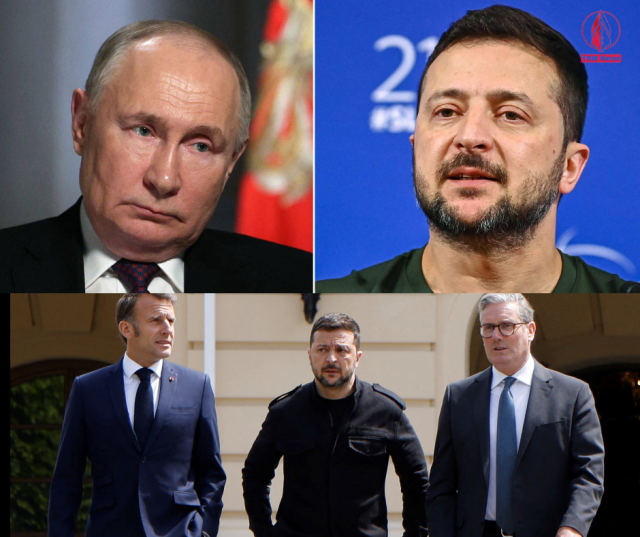Trump’s Tariff Threat Sparks Outrage and Anti-India Immigration Call from US Lawmaker
- Posted on August 5, 2025
- International Politics
- By Arijit Dutta
- 115 Views
After Donald Trump threatened higher tariffs on Indian goods, US lawmaker Marjorie Taylor Greene called for ending H1B visas for Indians, blaming them for job loss. India condemned Trump’s stance as unjustified, highlighting US trade with Russia. The debate underscores rising political tensions over trade, immigration, and foreign policy.

Former US President Donald Trump's latest threat to impose heavy tariffs on Indian goods has ignited backlash from both sides of the Pacific. But the controversy took a sharper turn when far-right Republican congresswoman Marjorie Taylor Greene suggested a harsher move: halting H1B work visas for Indian nationals.
Responding to Trump’s Truth Social post promising “substantial” tariff hikes due to India’s Russian oil imports, Greene argued that the real issue lies with the influx of Indian tech workers under the H1B visa program. Calling it a threat to American jobs, she demanded that Trump, if elected again, stop the issuance of such visas, which primarily benefit Indian professionals. Historically, around 72% of H1B recipients have been from India, primarily working in the tech and engineering sectors.
Greene’s remarks have triggered renewed concern over the future of skilled immigration, especially as the H1B visa system has long supported Silicon Valley and other key US industries. The median salary of an H1B visa holder was $118,000 in 2023, nearly double the US average, according to reports.
India’s foreign ministry swiftly responded to Trump’s tariff remarks, calling them unjustified and highlighting that the US and EU also continue to trade with Russia. It noted that the US once encouraged India’s Russian oil imports to stabilize global energy markets during the early phase of the Ukraine war.
Greene, a known MAGA loyalist, also used the opportunity to slam her own party’s leadership, accusing it of abandoning the “America First” agenda. She reiterated her opposition to continued US support for Ukraine and blamed the ongoing war on past Democratic administrations.
Also Read: Trump Defends 25% Tariff Policy, Says U.S. Seeks ‘Fairness,’ Not Leverage in Trade Talks
The political friction around trade, immigration, and foreign policy could significantly influence Indo-US relations ahead of the 2026 US presidential election.




